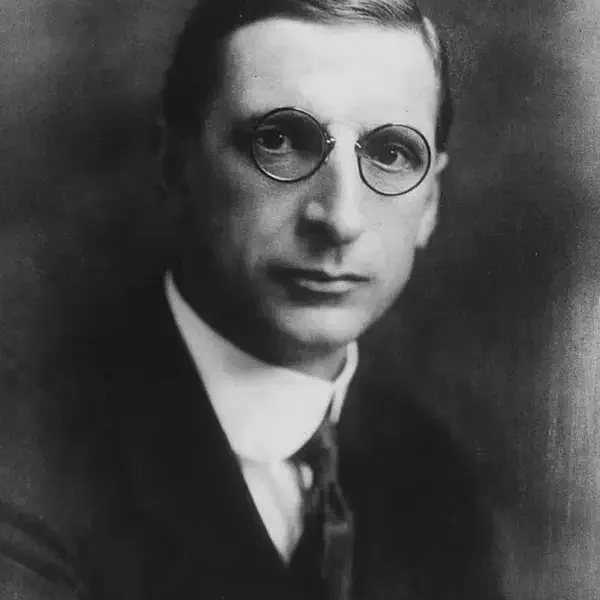
Éamon De Valera Wins Election to Parliament
July 10, 1917
On 10 July 1917, he was elected as the Member of Parliament (MP) for East Clare (the constituency which he represented until 1959) in a by-election caused by the death of the previous incumbent Willie Redmond, brother of the Irish Party leader John Redmond,who had died fighting in World War I.
Éamon de Valera
Éamon de Valera, (14 October 1882 – 29 August 1975) was a prominent statesman and political leader in 20th-century Ireland.
He served several terms as head of government and head of state and had a leading role in introducing the 1937 Constitution of Ireland.
Prior to de Valera’s political career, he was a commandant at Boland’s Mill during the 1916 Easter Rising. He was arrested and sentenced to death but released for a variety of reasons, including the public response to the British execution of Rising leaders. He returned to Ireland after being jailed in England and became one of the leading political figures of the War of Independence.
After the signing of the Anglo-Irish Treaty, de Valera served as the political leader of Anti-Treaty Sinn Féin until 1926, when he, along with many supporters, left the party to set up Fianna Fáil, a new political party which abandoned the policy of abstentionism from Dáil Éireann.
From there, de Valera went on to be at the forefront of Irish politics until the turn of the 1960s. He took over as president of the Executive Council from W. T. Cosgrave and later became Taoiseach, with the adoption of the Constitution of Ireland in 1937. He served as Taoiseach on three different occasions: from 1937 to 1948, from 1951 to 1954, and finally from 1957 to 1959. He remains the longest serving Taoiseach by total days served in the post.
He resigned in 1959 upon his election as president of Ireland. By then, he had been Leader of Fianna Fáil for 33 years and he, along with older founding members, began to take a less prominent role relative to newer ministers such as Jack Lynch, Charles Haughey and Neil Blaney. De Valera served as President of Ireland from 1959 to 1973, two full terms in office.
De Valera’s political beliefs evolved from militant Irish republicanism to strong social, cultural and fiscal conservatism. He has been characterised as having a stern and unbending, and also devious demeanour. His roles in the Civil War have also been interpreted as making him a divisive figure in Irish history.
Biographer Tim Pat Coogan sees his time in power as being characterised by economic and cultural stagnation, while Diarmaid Ferriter argues that the stereotype of de Valera as an austere, cold, and even backward figure was largely manufactured in the 1960s and is misguided.